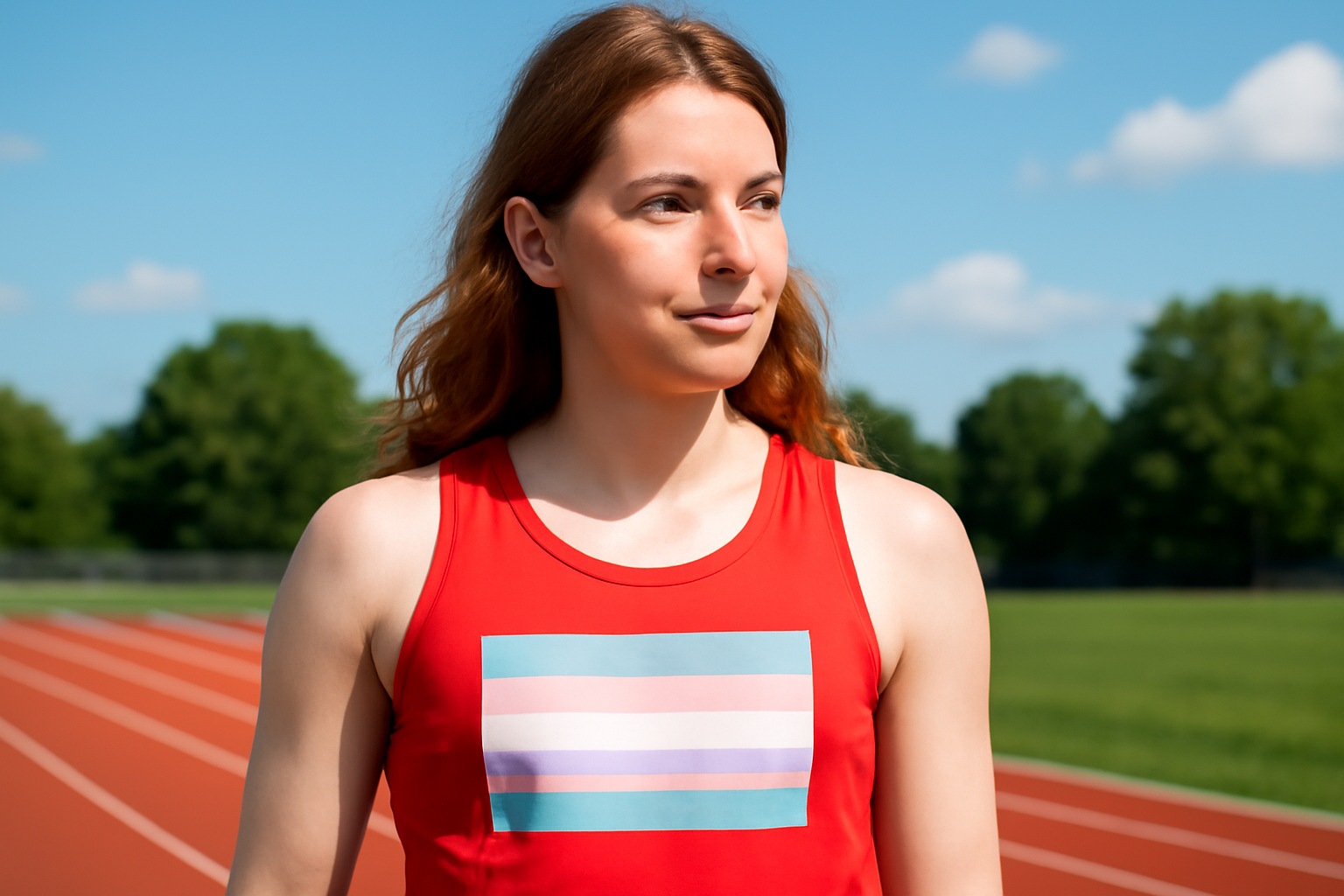
Trans Athlete Faces New NCAA Policy Challenges
It seemed like it would be just another day on the track for Sadie Schreiner, a two-time All-American athlete from the Rochester Institute of Technology (RIT). Schreiner was set to compete in the Boston University Valentines Invitational. Her participation was confirmed, and she was ready to race.
However, due to recent changes in NCAA policies regarding transgender athletes, Schreiner found herself unable to compete under her university's banner. The NCAA's new rule, effective February 6, prohibits transgender women from participating in women's sports competitions. Schreiner could still compete, but only as an unattached athlete, separate from her team. Less than 24 hours before she was scheduled to compete, Schreiner received a discouraging email from Boston University.
Navigating New Policies
Boston University, like the NCAA, decided to adhere to the updated Presidential and NCAA guidelines despite local and federal rulings favoring inclusion. This decision stands in contrast to the Massachusetts state anti-discrimination laws that support transgender athletes' participation in sports.
Schreiner expressed her frustration on Instagram, highlighting the lack of communication from authorities before banning her. "They’re not looking at my passport or my birth certificate; they’re not even calling me before banning me," she stated. "They hear I was assigned male at birth, and that's enough to exclude me."
While Schreiner can still practice with her team and receive benefits of student-athlete status, the competition ban is a significant hurdle. Across the nation, similar decisions are being made, affecting the small number of transgender women athletes. Despite this trend, some state high school sports bodies have pledged to ignore the executive order, allowing transgender girls to compete alongside cisgender girls.
Mounting Criticism and Legal Challenges
The NCAA has faced criticism for swiftly altering its policies in response to the executive order. Transgender athlete and advocate Chris Mosier voiced concerns, suggesting that the NCAA was waiting for the order to change its stance.
In addition, anti-transgender groups exert pressure. Concerned Women for America, a conservative organization, recently lodged a Title IX complaint against RIT concerning Schreiner’s previous competitions, although they were in compliance with the rules at the time.
Legal actions have been taken against several educational institutions, including the NCAA, over transgender participation. One ongoing lawsuit targets the University of Pennsylvania, focusing on Lia Thomas, a transgender swimmer who competed successfully under the then-current NCAA regulations.
Another lawsuit involves San Jose State University, where questions about a transgender woman athlete's eligibility have led to a drawn-out legal battle. Despite these challenges, federal judges have supported SJSU's compliance with eligibility rules.
The Future of Inclusive Sports
A lawsuit filed by a group of 19 cisgender women athletes calls for a complete ban on transgender women from women's sports and demands the NCAA revoke awards won by transgender athletes. Should this lawsuit succeed, athletes like Schreiner may see their past achievements erased.
Schreiner, who secured third place in the 200 meters at the NCAA Division III Outdoor Championships last May, views these recent developments as a troubling glimpse into the future of women's sports. "This isn’t just about me; it sets a dangerous precedent for all women’s sports," she said. "If you don’t fit their narrow definition of a female athlete, you won't be allowed to compete."
As the sports world grapples with these complex issues, Schreiner remains hopeful for broader acceptance and inclusivity. Supporters of transgender athletes continue to advocate for policies that allow all athletes to compete regardless of gender identity.
Subscribe to stay informed about the latest developments in LGBTQ and sports news, and join the conversation on how we can support inclusive participation in athletics.
Related Posts
Pride Month in Latin America: Protests and Demands for Equality
**Celebrating Pride and advocating LGBTQ+ rights in Latin America** Pride Month in Latin America was a lively mix where celebration met activism. Communities united, not just throwing a party but making a stand—demanding equality and pushing governments toward better protection and rights recognition. Throughout Latin America, pride events erupted in marches and cultural displays, each with a c [...]
Transgender Erasure Actions Implemented by National Park Service
```html Trump administration's impact on national park service and transgender recognition The Trump administration made notable moves in undermining transgender representation, which included directing agencies like National Park Service not include "T" and "Q" when they refered “LGBTQ” in any official communication. This move seems part a broader plan by this administration aimed at reducin [...]
Drag Night Extravaganza: Daddies & Baddies at Atlantic City's Anchor Rock Club
Atlantic City, NJ, isn't just about its casinos and boardwalk—it's a hub bursting with energy and entertainment. One event that truly captures this spirit? The "Daddies & Baddies" drag night at Anchor Rock Club. This vibrant night celebrates amateur drag in all its glory, offering a kaleidoscope display where creativity and community unite. If you're looking where inclusivity and creativity take [...]